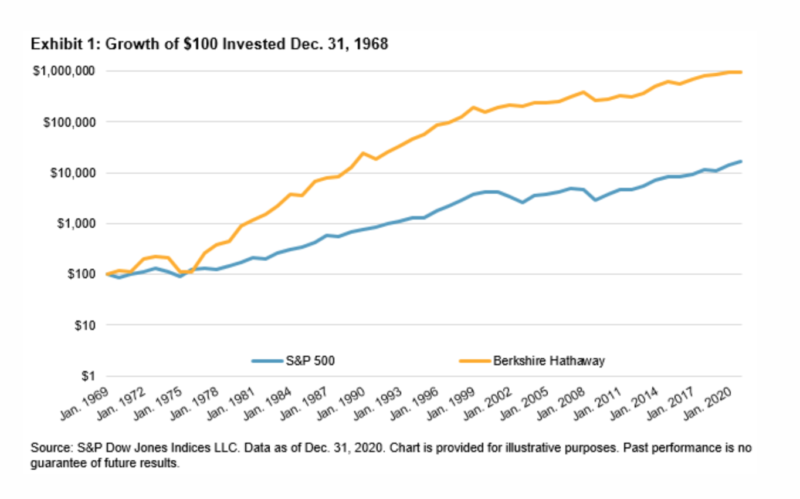From Erik Hoel, I’m a neuroscientist. Our presidential candidates have shrinking prefrontal cortexes.
Age-related cognitive decline–or at least some slowing of intellectual ability–is likely real to some variable extent, as Dr. Hoel shows. For tenured professors, there is marked decline of output with age. Public intellectuals produce their most important findings by their 40s, and spend the rest of their careers revisiting their earlier work to a general audience, such as books and documentaries. Cornel West has produced little to nothing of note for decades despite collecting a salary.
Others publish stuff which may be objectively wrong, like a recent claimed non-computer proof of the four-color conjecture produced by a pair of octogenarian combinatorics professors, which was retracted after fatal but elementary mistakes were found. These trivial mistakes were also picked up by non-experts on Reddit, so we’re not talking cutting-edge stuff here. A more famous example is the late Sir Michael Atiyah’s claimed ‘proof’ of the Riemann Hypothesis, which failed to rise to the level of being a coherent mathematical argument, let alone proving the notoriously hard long-standing conjecture, at age 89 shortly before his death. Considering he was knighted for his earlier accomplishments, this was chalked up to age-related cognitive decline.
I’ve sometimes wondered wouldn’t old people be at an unfair advantage when taking IQ tests because they ‘know’ more? Although crystalized intelligence may improve with age, other areas see decline or stagnation, typically peaking at around 30. IQ is not just about knowing things, but also the ability to reason. This is why Mensa and other high-IQ societies don’t handicap age for admissions purposes; being old confers no advantage in overall IQ.
Regarding investing, the performance of Berkshire Hathaway has significantly declined over the past few decades relative to the S&P 500, as CEO Warren Buffett is now 93, although this is also a consequence of the firm being much larger and scaling effects, which is evident as one zooms out:

He missed out on some of the biggest performers in technology stocks during the ’90s and 2000s such as Cisco, Google, Amazon, and Microsoft, until finally capitulating and buying Apple in 2016. His reasoning what that ‘he did not understand the technology’ or did not feel confident in the business model. Maybe when he was younger and possibly smarter he would have understood it better–or at least made an effort to understand it–and not missed out. But again, this could be due to hindsight bias; it’s conceivable he could have invested in one of the many tech duds that failed during the tech crash during the early 2000s, so it was prudent for him to sit it out.
To bring this to politics, the issue of Biden’s age cannot dismissed. The same goes for Trump. Neither are operating at 100%, but it does not matter. The IQ threshold for being POTUS is probably not that high, as much of the heavy lifting is done by advisors and other staff, and a lot of what goes on, like regarding geopolitics or the economy, is out of the president’s control–although an incompetent leader may be more easily manipulated. Smarter presidents like Clinton and Carter took the steering wheel–sometimes with terrible lasting results as the recent events in Iran make clear–but in recent times the trend has been to take the backseat role in leadership.
Few are voting for Trump because they think he’s the smartest or most competent person in the room. Same for Biden; like Bush’s malapropisms, his cluttered speech and forgetfulness only makes him seem more human-like or endearing to voters and less like a gargoyle. Same for Trump’s run-on sentences, in which he begins and ends at separate digressions. No one is expecting either of them to wow audiences with their brilliance or off-the-cuff answers to hard questions. Any searching for deep philosophical moral guidance is best left to the Ancients and self-help podcasts, not the individuals elected or assigned to the highest positions of power.
Although I tend to reject the blank slate, aging can turn someone into an entirely new person, for better or worse. The popular fictional archetype of kindly, wise old people is not representative of all old people. Obstinance, paranoia, and obsession with trivial behaviors or purposeless repetitive actions are par for the course (e.g. a retired multi-millionaire clipping coupons or haggling over a few dollars). Many young and middle-aged people are ruthless and competitive with their careers, sports, and in school, and calculating and efficacious with their time, but those same people do a 180 when they age. There are exceptions though, like biochemist Fred A. Kummerow, who at his death at 102 never gave up his fight against trans fats or settled down. But it’s not just doing less, but the change of the overall persona. You never know what kind of person someone will become. Some people get better with age, others worse.